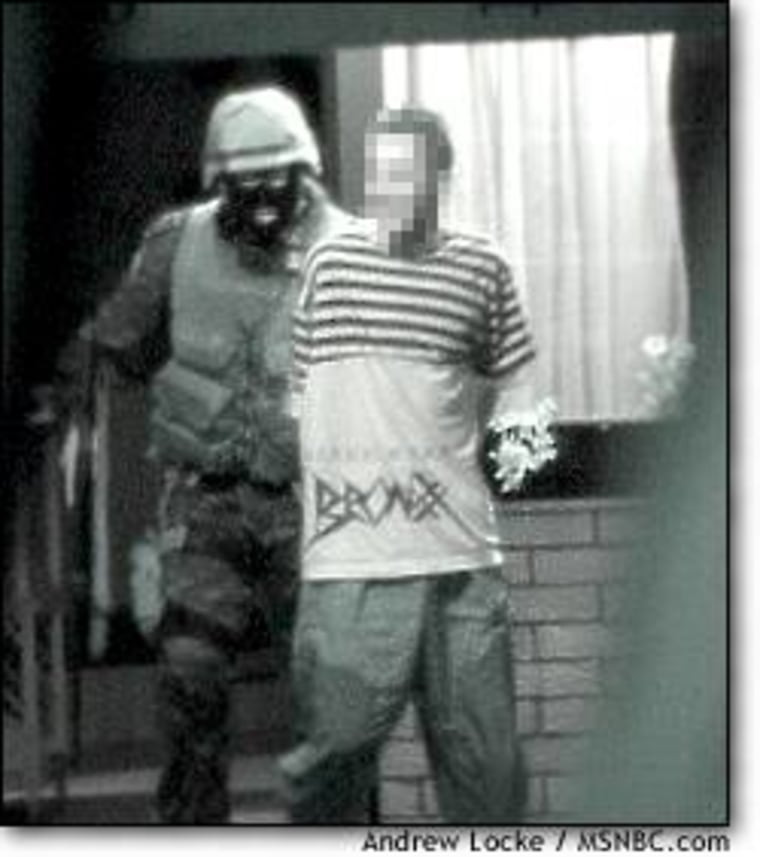Law enforcement agencies in the Balkans have come together to do what organized crime operatives in the region had been doing for years: cooperate across frontiers — and across ethnicities. In November 2000, agencies of 11 Balkans countries established the Regional Center for Combating Transborder Crime to tackle the flourishing triad of traffic in humans, drugs and guns.
The regional center's sponsor is the Southeast European Cooperative Initiative, known by the acronym SECI, which began coordinating cross-border law enforcement work in January.
Housed on the 10th floor of an enormous white elephant in Bucharest called the Palace of the People, a building from the era of Communist dictator Nicolae Ceausescu, the center was started with $2.4 million, largely from Romania, and $500,000 in technical assistance from the United States. Other governments are now contributing modestly.
At its inception, the member states signing on were Albania, Bulgaria, Bosnia-Herzegovina, Croatia, Greece, Hungary, Macedonia, Moldova, Slovenia, Romania and Turkey. Since then, Yugoslavia has joined.
There are now 29 permanent liaison officers from various member countries based in Bucharest specializing in customs, border policing, narcotics, contraband and human trafficking.
Cross-border information
The inspiration for the creation of the SECI center came from an American, Richard Schifter, former U.S. ambassador.
Before the creation of the SECI, Schifter said, “if a prosecutor or a police officer in country A wanted information on a case from country B, he had to go to the foreign ministry of A to ask the foreign ministry of B to inquire at the interior ministry of B for the information.”
Now the information is made available on the spot at the SECI center, where English has been adopted as the common language.
SECI operations are assisted by agents from several U.S. agencies, including the Drug Enforcement Agency, FBI, Immigration and Naturalization Service and Customs Service. They perform some mentoring and do some training. The FBI and DEA also maintain permanent liaison offices in several of the Balkan countries.
The American who keeps an eye on all of the SECI’s operations is John F. Markey, a U.S. Customs Service special agent who has an office in the State Department but is on the road half the time.
“SECI is still a fledgling,” he said, “but it is off the ground and flying.” He said its success can be gauged perhaps by the amount of information exchanged among the member nations. “In January (2001) there were 75 requests; in August, 300,” he said.
David Binder covered the Balkans for The New York Times starting in 1963. He continues to travel in and report on the region.
